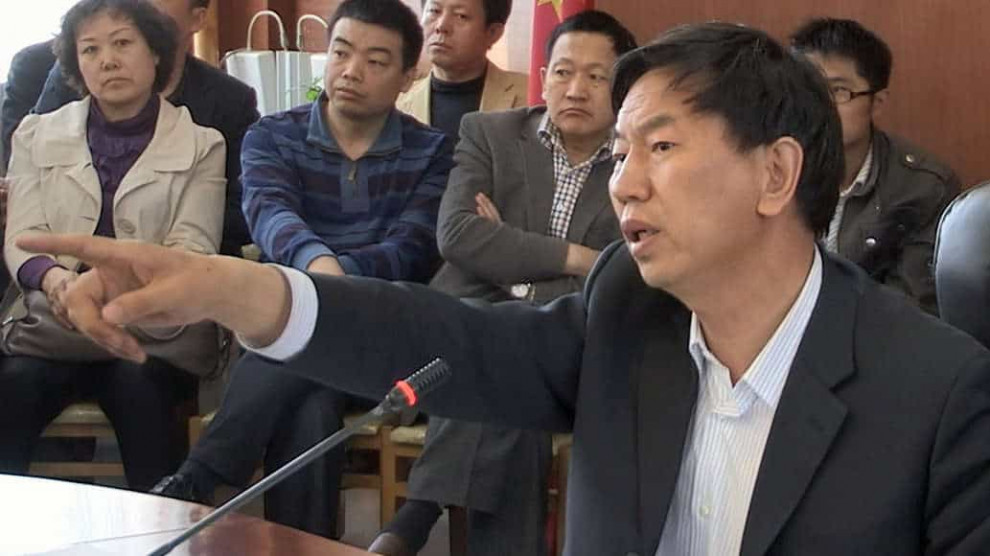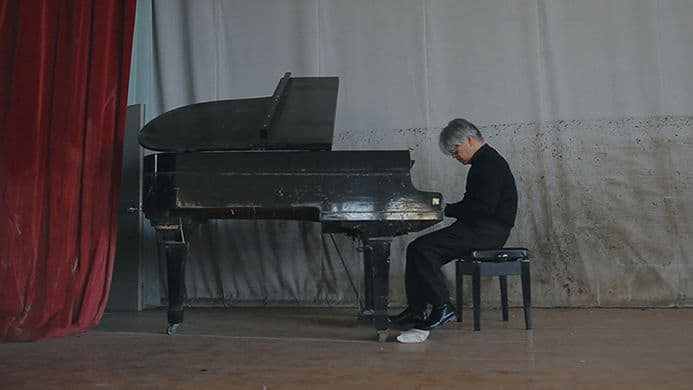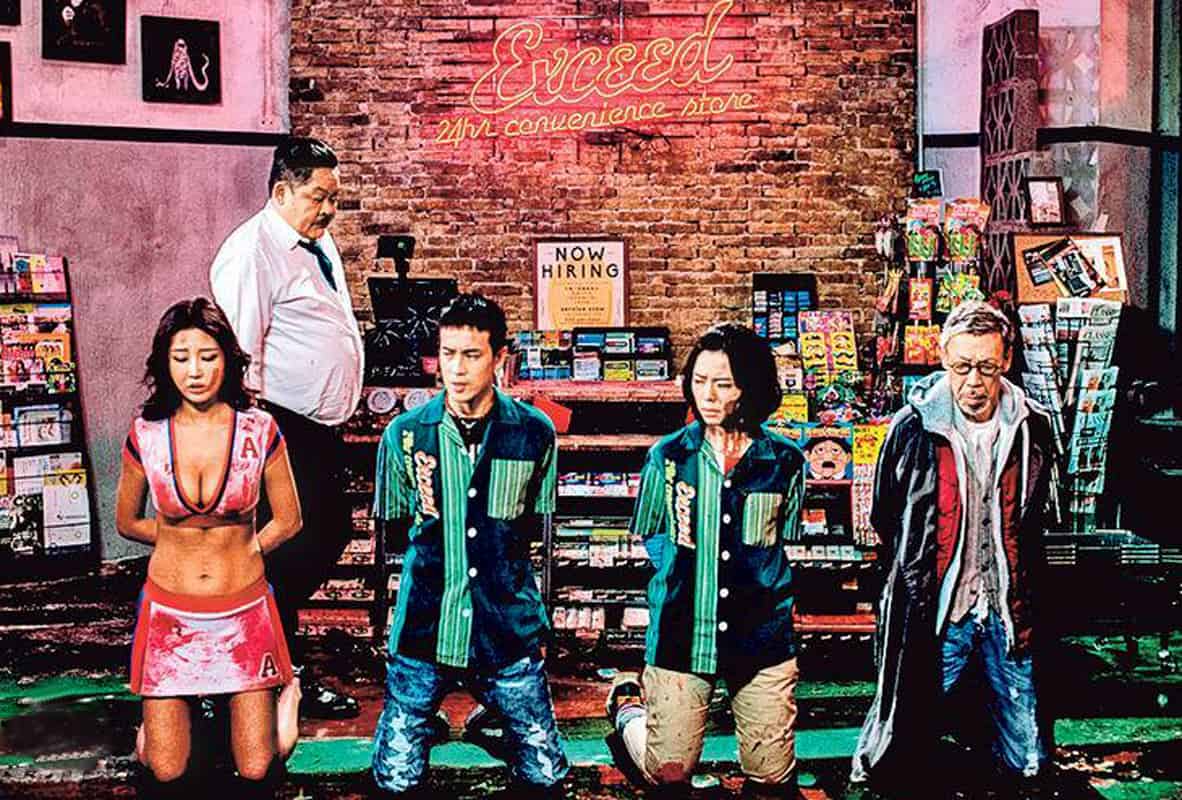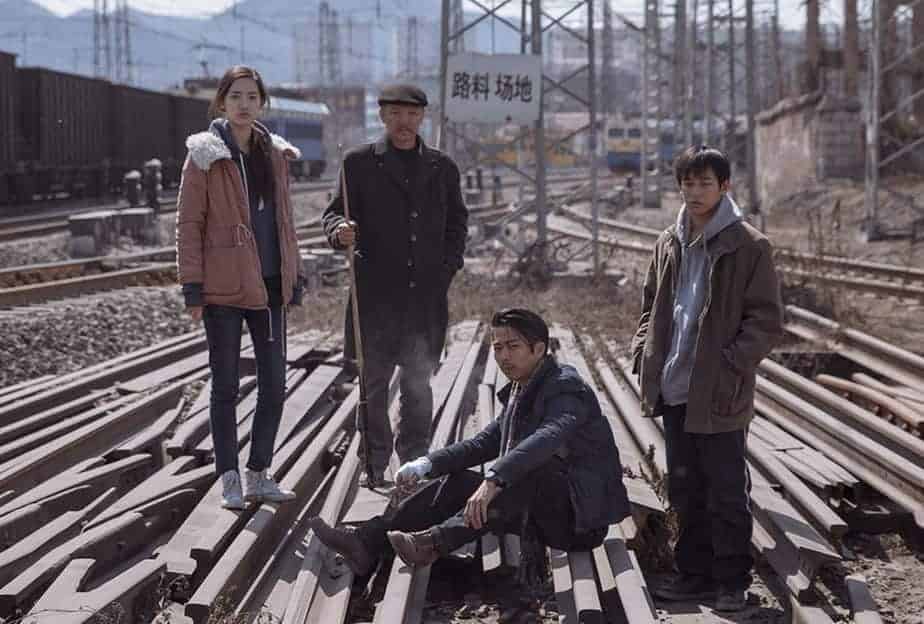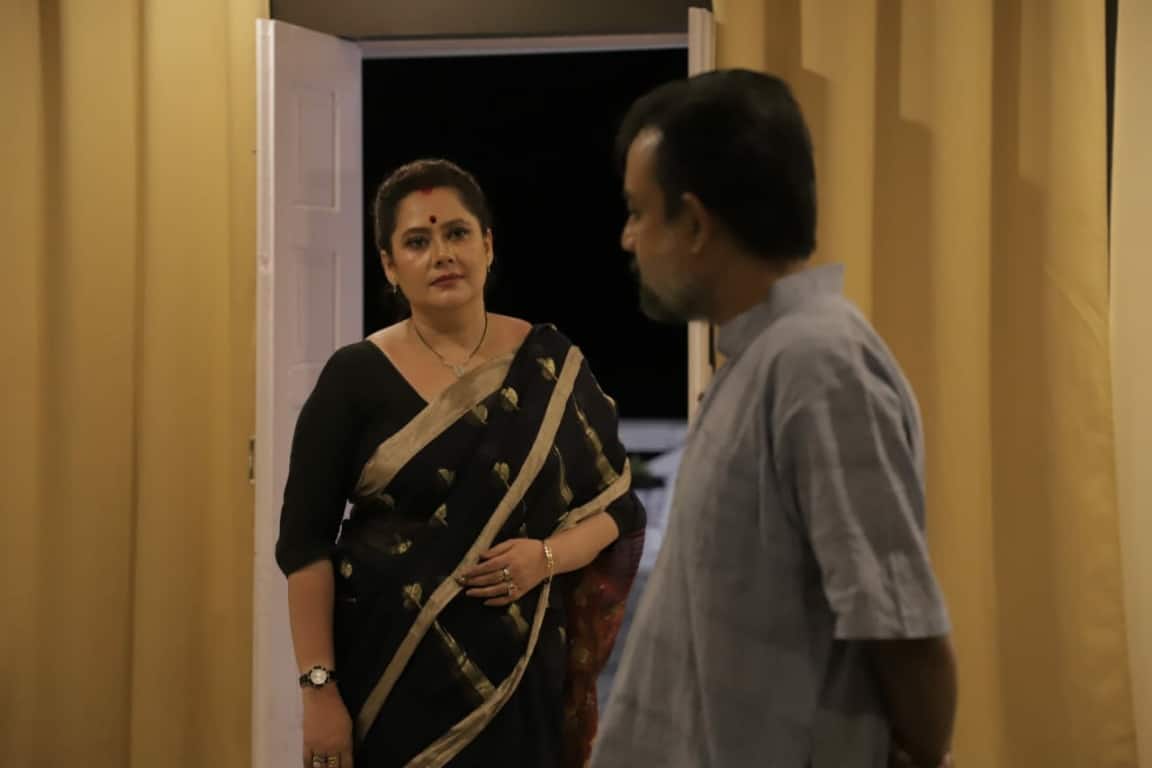Even though there is no question about the way politics shape the course of our lives, the mechanisms at work are often nebulous from the outside. Following a strict hierarchy, many political parties and systems seem like Janus-headed entities with many decisions, big or small, being made seemingly without consulting the public or without having any connection to the needs of the citizens. At least, this is one way of perceiving politics nowadays, which has been the reason for much frustration and anger among many people, providing the founding stones for movements such as “Fridays for Future” but also the general feeling of unrest within the political landscape of a nation.
“The Chinese Mayor” is screening at Los Angeles Chinese Film Festival

Given the influence of a system's mechanisms, many artists see it as part of their work to shed some light into them. While the findings of their work may be troublesome for some viewers, they also take a look at how the system not only works, but how it may be changed through various channels. For Chinese filmmaker Zhou Hao, these mechanisms within a political system have provided a major motivation for his work. When he was introduced to Geng Yanbo, the mayor of the city of Datong from 2008 to 2013, he saw the opportunity to create a documentary which would honor this task.
At the center of “The Chinese Mayor”, Hao and his team follow the mayor, various other politicians and officials, but also regular citizens during what may be the most tumultuous years of Datong's recent history. In an attempt to re-establish the city's former glory, to bring tourists into the city and promote culture and the arts, Geng and his legislation wanted to re-construct the Ming dynasty's defensive wall. The mayor undertaking demanded the demolition of 200,000 homes and the re-location of many citizens, a controversial project, which became closely connected to the mayor, who was soon nicknamed “Demolition Geng”.
“The Chinese Mayor” aims to remain the observer. While this concept may be banal given the format of documentary, the nature of theme Hao explores proves quite challenging to stay true to this idea. Images of people discussing with workers demolishing the houses they have called their homes for decades or mothers complaining about being homeless or not having received any compensation from the government, reflect on the human factor of the mayor's project. At the same time, they display the chasm between the people and the political system, emphasizing the attitude of the politicians that they are somewhat above the banality of these concerns.

However, the issue seems not to be with the people, but a flaw within the system. Only a couple of scenes reflect on Geng Yanbo as a private person, the toll this project takes on him and how the system he is part of only rewards special projects such as the one he has forced upon the citizens of Datong. When his wife begs him to return their relationship to some kind of normality, to stop getting up before dawn, Hao has captured a rare moment on camera, one looking behind the public facade of politics. Additionally, he shows the growing frustration of those involved with the project, their concerns about families being removed and their homes being forcefully demolished. The human component, which Hao shows by talking to citizens whose houses have been destroyed, is always present for everyone, for some of them perhaps more than for others.
Perhaps one of the most interesting aspects of “The Chinese Mayor” is its take on culture, or more precisely the kind of culture a project like Yanbo's attempts to promote. In one of the most telling scenes of the film, a man, having just witnessed a heated argument between the filmmakers and a few citizens, declares his images may be compared to Michelangelo Antonioni's “Chung Kuo – China”, a documentary famous for its depiction of China and the Cultural Revolution. The problematic issue is with the nature of culture represented with sculptures and murals either fake or coming from areas far away from Datong. When Gang Yanbo and his team supervise what a buyer has purchased for the new buildings, many viewers will likely think of a man entering a shopping center where cultural artifacts are for sale, have become available for everyone.
“The Chinese Mayor” is an intelligent documentary about the changes within modern day-China, the machinations with its political system and its culture. Following a factual approach, director Zhou Hao demonstrates how these issues shape the country with the example of one of its most controversial projects in recent history.


